Our Members Asked:
I take warfarin (Coumadin), an anticoagulant drug. Are there supplements I should avoid, or be taking, due to this drug?
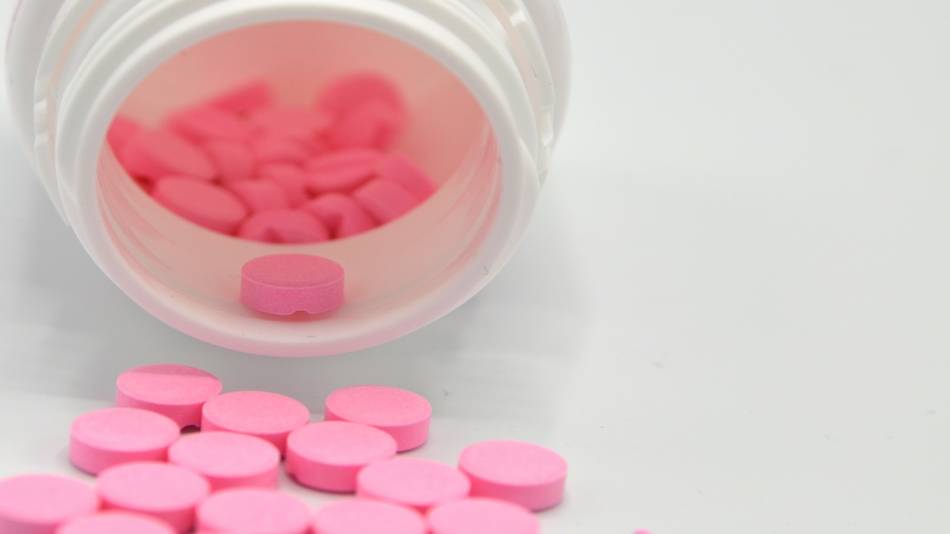
Answer:
Yes, the effectiveness of warfarin (Coumadin), anisindione (Miradon) and other anticoagulant drugs prescribed to prevent blood clots can be impacted by taking supplements. Because it can be affected by a large number of herbs, supplements and foods, it's important to consult your physician before taking any supplement with warfarin.
Below are some examples of supplements that may potentially interact with warfarin. Some increase or decrease the breakdown warfarin in the body, which, correspondingly, may reduce or increase the effects of warfarin. Others have their own blood-thinning or clot-promoting effects, which, correspondingly, may increase or reduce the effectiveness of warfarin. More details can be found by clicking on the links below. Also, discussed below are supplements that can interact with, or be affected by, the non-steroidal anti-inflammatory drug (NSAID) aspirin.
Supplements that may increase warfarin's blood-thinning effect by inhibiting its breakdown include:
- Bee pollen
- Berberine/goldenseal
- Black pepper extract (piperine or Bioperine) — a bioavailability enhancer in some curcumin and CoQ10 formulas
- CBD (cannabidiol)
- Grapefruit juice
- Kava
- Kratom
- Milk thistle
- Quercetin
Supplements that may increase warfarin's blood-thinning effect due to their own blood-thinning effect include:
- Ashwagandha
- Chamomile
- Chondroitin
- Cinnamon (high-dose)
- Cranberry
- Curcumin
- Digestive enzymes (i.e. papain and bromelain)
- Flaxseeds and flaxseed oil
- Fish oil
- Garlic
- Ginger
- Gingko
- Lumbrokinase
- Melatonin
- Nattokinase
- Niacin
- Resveratrol
- Saffron (including extracts such as Krocina)
Supplements that may reduce warfarin's blood-thinning effect by increasing its breakdown include:
Supplements that may promote clot formation, reducing the blood-thinning effects of warfarin, include the following:
Supplements that may affect, or be affected by, aspirin (another common blood thinner):
Vitamins that may affect aspirin:
- Vitamin E: High-dose vitamin E (~800 mg daily) may increase the blood thinning effects of aspirin and increase the risk of bleeding.
Vitamins and minerals that may be affected by aspirin:
- Iron: Long-term use of aspirin, even in low doses (100 mg daily), has been linked with lower body iron stores and 20% increased risk of anemia (McQuilten, Ann Intern Med 2023).
- Vitamin B-1 (thiamin): Aspirin may increase the urinary excretion of thiamin and decrease thiamin levels (Renaud, Nutrients 2024; Marrs, Cells 2021).
- Vitamin B-9 (folate): High doses (e.g., 3,900 mg daily) of aspirin may increase the urinary excretion of folate and decrease folate levels. Low-dose aspirin does not appear to have this effect (Renaud, Nutrients 2024).
- Vitamin C (ascorbic acid): People who take high doses (reported at 12 or more tablets daily), tend to have lower levels of vitamin C, but not if also taking a vitamin C supplement (Sahud, Lancet 1971).
Join today to unlock all member benefits including full access to all CL Answers and over 1,400 reviews.
Join NowAlready a member? Sign In Here.
Join now at www.consumerlab.com/join/

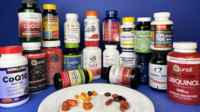
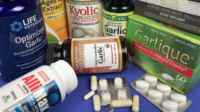
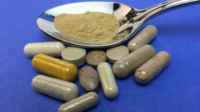
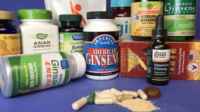
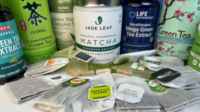
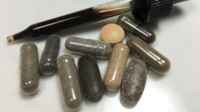





Submit your comment
This feature is restricted to active members.
Join now to add comments and get all member benefits, including over 1,400 reviews.
Join NowAlready a member? Sign in here.